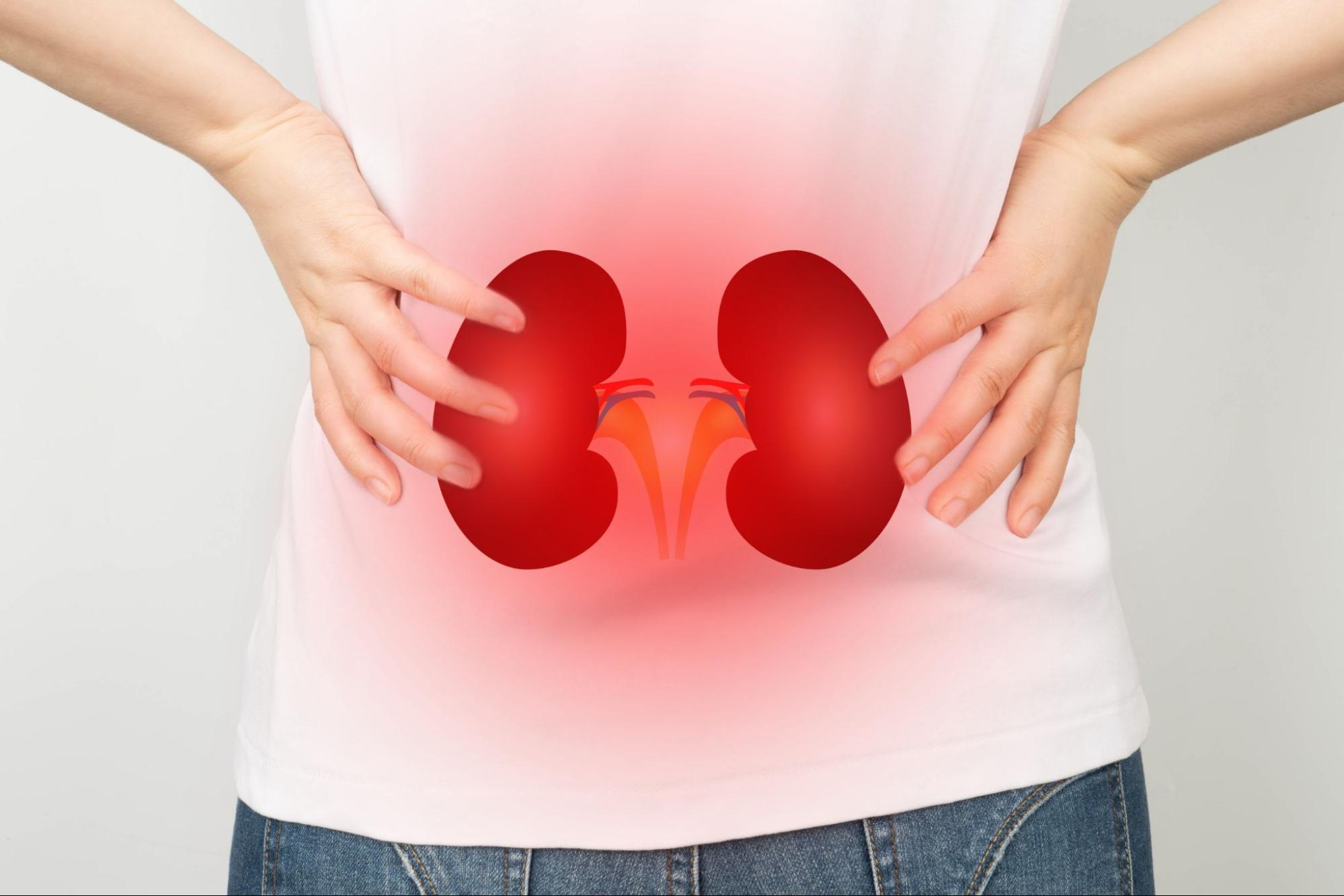Urology & Nephrology
Urology and nephrology are two distinct specialties focused on the urinary tract and kidneys, respectively. Each field addresses a variety of conditions and utilizes different treatment approaches. Here’s an overview of both:
Urology
Urology deals with the diagnosis and treatment of conditions related to the urinary tract in both men and women, as well as male reproductive organs. Urologists manage various diseases and disorders, including those affecting the kidneys, ureters, bladder, and urethra.
Common Urological Conditions:
- 1. Urinary Tract Infections (UTIs): Infections affecting any part of the urinary system.
- 2. Kidney Stones: Hard deposits made of minerals and salts that form in the kidneys.
- 3. Benign Prostatic Hyperplasia (BPH): Enlargement of the prostate gland that can cause urinary problems in men.
- 4. Prostate Cancer: Cancer that occurs in the prostate gland.
- 5. Bladder Cancer: Cancer that begins in the bladder.
- 6. Incontinence: Loss of bladder control, leading to involuntary leakage of urine.
- 7. Erectile Dysfunction: Difficulty achieving or maintaining an erection.
Urological Treatments:
- 1. Medications: Antibiotics for UTIs, medications for BPH, and treatments for erectile dysfunction.
- 2. Surgery: Procedures such as:
- • Cystoscopy (using a camera to view the bladder).
- • Ureteroscopy (removing kidney stones).
- • Prostatectomy (removal of the prostate).
- • Bladder tumor resection.
- 3. Minimally Invasive Procedures: Techniques like laparoscopic surgery or robotic-assisted surgery.
- 4. Lifestyle Changes: Recommendations for diet and exercise, especially for conditions like kidney stones and incontinence.
Nephrology
Nephrology focuses on the diagnosis and treatment of kidney-related disorders. Nephrologists manage conditions affecting the kidneys' ability to filter blood and produce urine, as well as issues related to fluid and electrolyte balance.
Common Nephrological Conditions:
- 1. Chronic Kidney Disease (CKD): A gradual loss of kidney function over time.
- 2. Acute Kidney Injury (AKI): A sudden decline in kidney function, often reversible with timely treatment.
- 3. Glomerulonephritis: Inflammation of the kidney's filtering units (glomeruli).
- 4. Nephrotic Syndrome: A group of symptoms indicating kidney damage, including protein in the urine, low protein levels in the blood, and swelling.
- 5. Kidney Stones: Although treated by urologists, nephrologists also manage underlying metabolic disorders leading to stone formation.
- 6. Hypertension: High blood pressure related to kidney function.
Nephrological Treatments:
- 1. Medications:
- • Antihypertensives for managing high blood pressure.
- • Diuretics to help remove excess fluid.
- • Medications to manage CKD and its complications.
- 2. Dialysis: For patients with severe kidney failure, either:
- • Hemodialysis: Using a machine to filter waste from the blood.
- • Peritoneal Dialysis: Using the lining of the abdomen to filter blood.
- 3. Kidney Transplant: For end-stage kidney disease, patients may receive a kidney transplant from a living or deceased donor.
- 4. Dietary Management: Dietary modifications, especially for patients with CKD, may include restrictions on sodium, potassium, and phosphorus intake.
- 5. Lifestyle Changes: Encouragement of regular exercise, weight management, and smoking cessation.
Integrated Care at Mercurry Hospital
If considering Mercurry Hospital for urology and nephrology treatment, here are some aspects you might expect:
- 1. Experienced Specialists: A team of qualified urologists and nephrologists who are knowledgeable in their respective fields, providing comprehensive care for a range of conditions.
- 2. Advanced Diagnostics: State-of-the-art diagnostic tools, including imaging studies (ultrasounds, CT scans) and laboratory tests, to accurately diagnose conditions affecting the urinary and renal systems.
- 3. Comprehensive Treatment Options: Access to a wide variety of treatment modalities, from medications and lifestyle modifications to advanced surgical techniques.
- 4. Multidisciplinary Approach: Collaboration between urologists, nephrologists, dietitians, and other healthcare providers to ensure holistic care and effective management of complex cases.
- 5. Patient Education and Support: Emphasis on educating patients about their conditions, treatment options, and self-management strategies, empowering them to take an active role in their health.
- 6. Robust Follow-Up Care: Regular monitoring and follow-up appointments to manage chronic conditions and ensure optimal health outcomes.
- 7. Patient-Centered Environment: A focus on creating a comfortable and supportive environment for patients, addressing their physical and emotional needs.
By choosing Mercurry Hospital, patients may benefit from integrated and specialized care for urological and nephrological conditions, ultimately leading to better health outcomes and enhanced quality of life.



